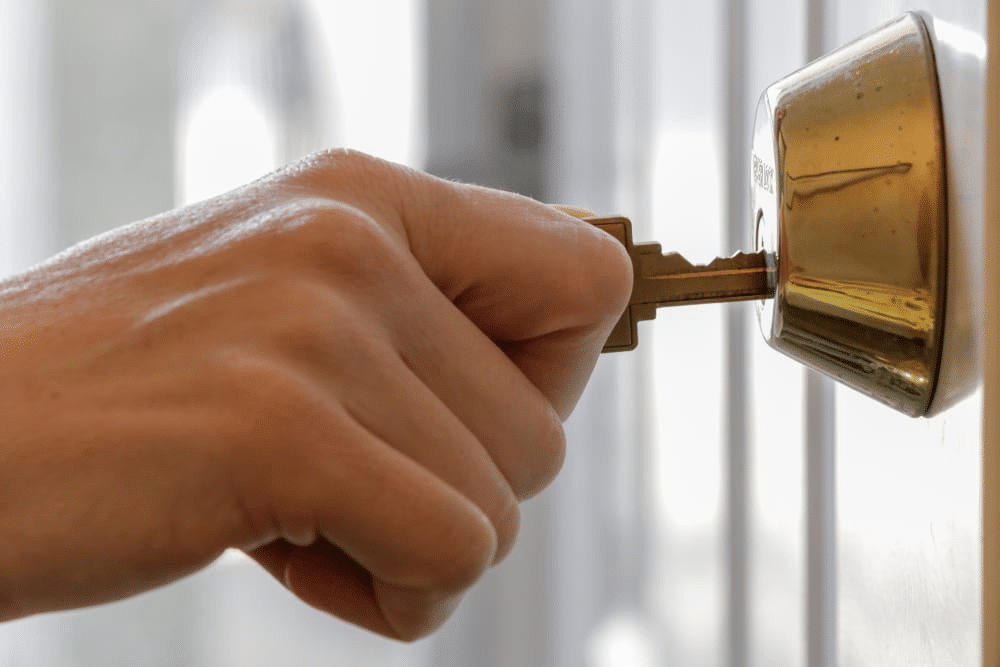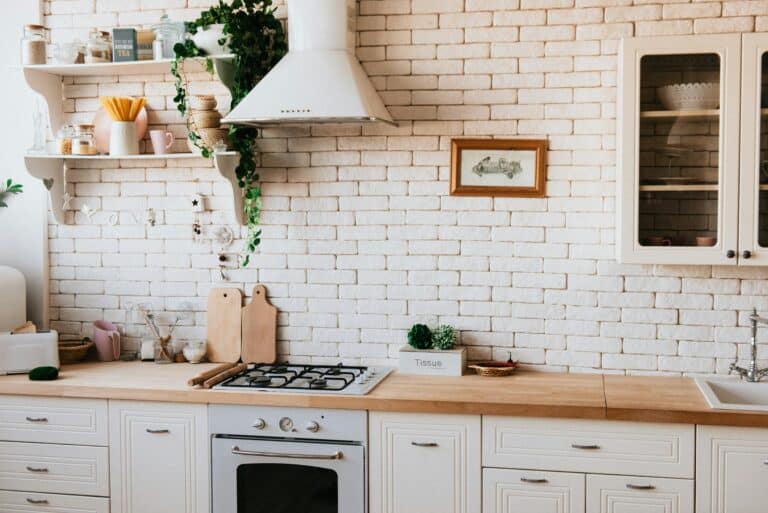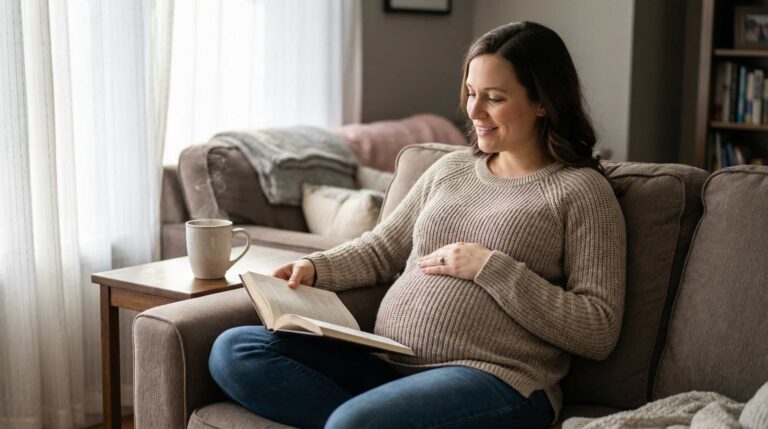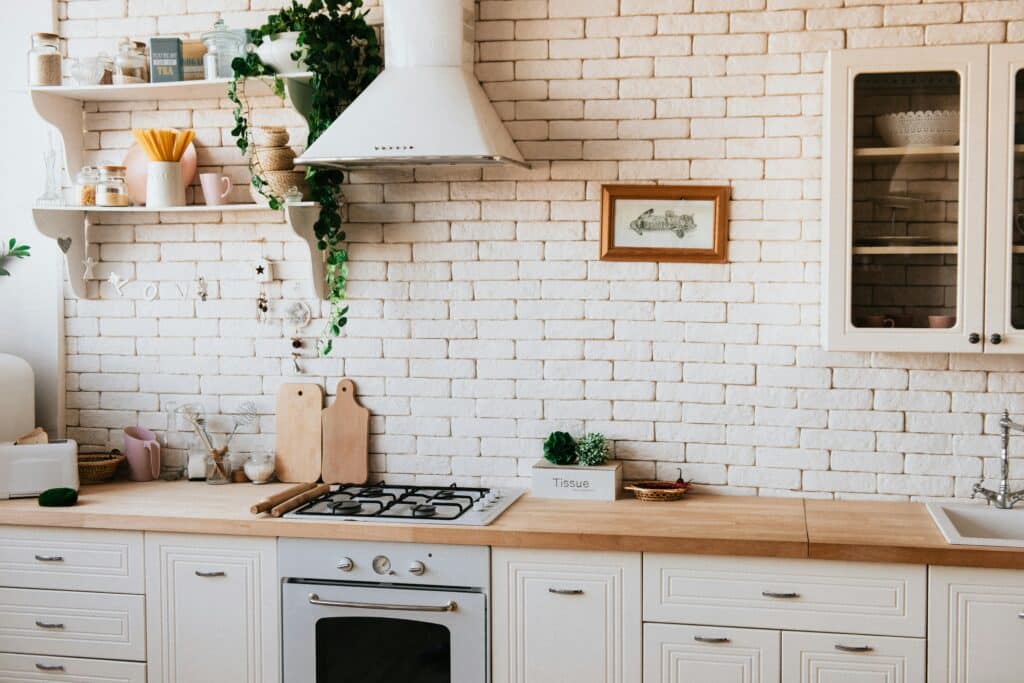Congratulations on the big move! One of life’s most rewarding (and thrilling) chapters is moving into a new home (whether a newly developed dwelling, a rental unit, or a pre-owned house). There’s something wonderfully symbolic about turning the key in a new front door. New space. Fresh décor plans. Endless possibilities.
But wait! Amid the chaos of unpacking boxes and assembling furniture, have you ever asked yourself who else has a key to the very same home you just moved into with such excitement? That same key (or a copy of it) might exist on someone else’s keyring (a former owner or tenant, a letting agent, or even a past dog walker).
So, should you change your locks when moving to a new home? Here’s what one of the UK’s most experienced and trusted locksmiths advise when it comes to lock repair or replacements.
Changing the Locks When Moving to a New Home is Non-Negotiable
It couldn’t get any clearer and more straightforward than that!
It’s impossible to know how many copies of the keys you collected from a landlord or estate agent exist (or who holds them). Previous owners or tenants may have given spares to relatives, neighbours, and even tradespeople they trust. You might be sharing your home with individuals you’ve never met if you don’t get a fresh set of locks.
Seasoned locksmiths always remind new homeowners that burglars don’t always force their way in. For example, 1 in 4 burglaries in West Yorkshire happen without intruders (called insecure burglaries) ever breaking into targeted properties. Either the door was unlocked or they used a spare (or unreturned) key to enter.
Nobody would want to risk their safety by not replacing their locks when moving into a new house. Would you?
Locksmiths can replace these locks before or within a day after moving in. Don’t want to replace the locks? No problem! Locksmiths can rekey your existing locks.
Out-Dated Locks May Leave You Vulnerable
Even if you trust the previous owner and you’re sure you’re the only one with the keys, your locks’ physical condition could still pose a problem.
Older locks might already be rusty, prone to jamming, or even out-dated. Burglars can easily break in because these locks don’t offer that much resistance.
Locksmiths often encounter homes fitted with basic cylinder locks that fall short of today’s home security expectations. Ideally, locks need replacement every 5-7 years.
It’s always sound advice to let a locksmith check your new home to see if the existing locks function as intended, including how secure they are. They might recommend an upgrade to newer models with anti-drill and anti-snap features, especially if your door is uPVC or composite.
Not Changing the Locks When Moving into a New House Could Invalidate Your Insurance
Did you know home insurers require evidence of forced entry before they can approve your burglary damage claims? If a thief enters your home using an old key, you won’t have concrete proof. That invalidates your policy (yes, even if your loss runs in the thousands of Sterlings).
Many homeowners don’t realise that failing to update locks after moving can make them ineligible for insurance compensation.
Locksmiths frequently advise clients to update their locks not only to maintain safety but also for compliance with insurance terms. They can install insurer-approved BS3621-rated locks, allowing you to establish a clear security baseline should any incidents occur.
British Standard Locks as Gold Benchmark
BS3621 locks are subject to rigorous testing, ensuring they can resist picking and drilling while guaranteeing long-term durability. Moreover, professional locksmiths recommend high-security night latches and 5-lever mortise deadlocks bearing the British Standard kitemark.
Locksmiths know which locks comply with such standards. If your existing locks aren’t compliant, upgrading them is a legal and practical investment. Moreover, burglars can never exploit BS3621 locks because it doesn’t have weaknesses common to traditional locks. More importantly, these locks show insurers that you’re serious about home security.
Don’t Stop at the Front Door When Replacing Locks in a New Home
Locksmiths urge homeowners to evaluate all possible entry points. That usually means back doors, side gates, and even unlocked garden sheds.
Consider having a locksmith replace the following locks.
- Front and rear entry doors
- Side gates
- French doors
- Patio doors
- Garages
- Keyed window locks
- Garden sheds
- Outbuildings
Locksmiths can execute a comprehensive home security review to ensure nothing is left to chance. Some might even offer bundled packages for full-home lock replacement at a discounted rate.
Other Situations Requiring a Locksmith to Change Your Locks
Moving into a new house isn’t the only time you’ll want to change your locks. Trusty locksmiths can replace locks in the following scenarios.
- Lost or stolen keys, even if you recover them later (you’ll never know who had access to them in the meantime)
- After a break-in or attempted burglary (locksmiths can reinforce vulnerable points and change affected locks)
- Change in tenants or separation after shared living (you’ll never know if your ex or roommate has ulterior motives)
- Faulty or damaged locks, including sticky and misaligned ones (locksmiths can replace these with high-security options)
Final Thoughts: Change Your Locks to Secure Your New Beginning
Your home should be your sanctuary, and that should start with the right locks. Changing your locks after a move is a simple but crucial step that puts you back in full control of your property. A trusted locksmith is your best ally in making your home safe.
While settling into your new home is exciting, securing it with new locks should be top of your to-do list. Let a professional locksmith ensure your home is locked down properly, so the only people coming through your doors are the ones you choose.
















